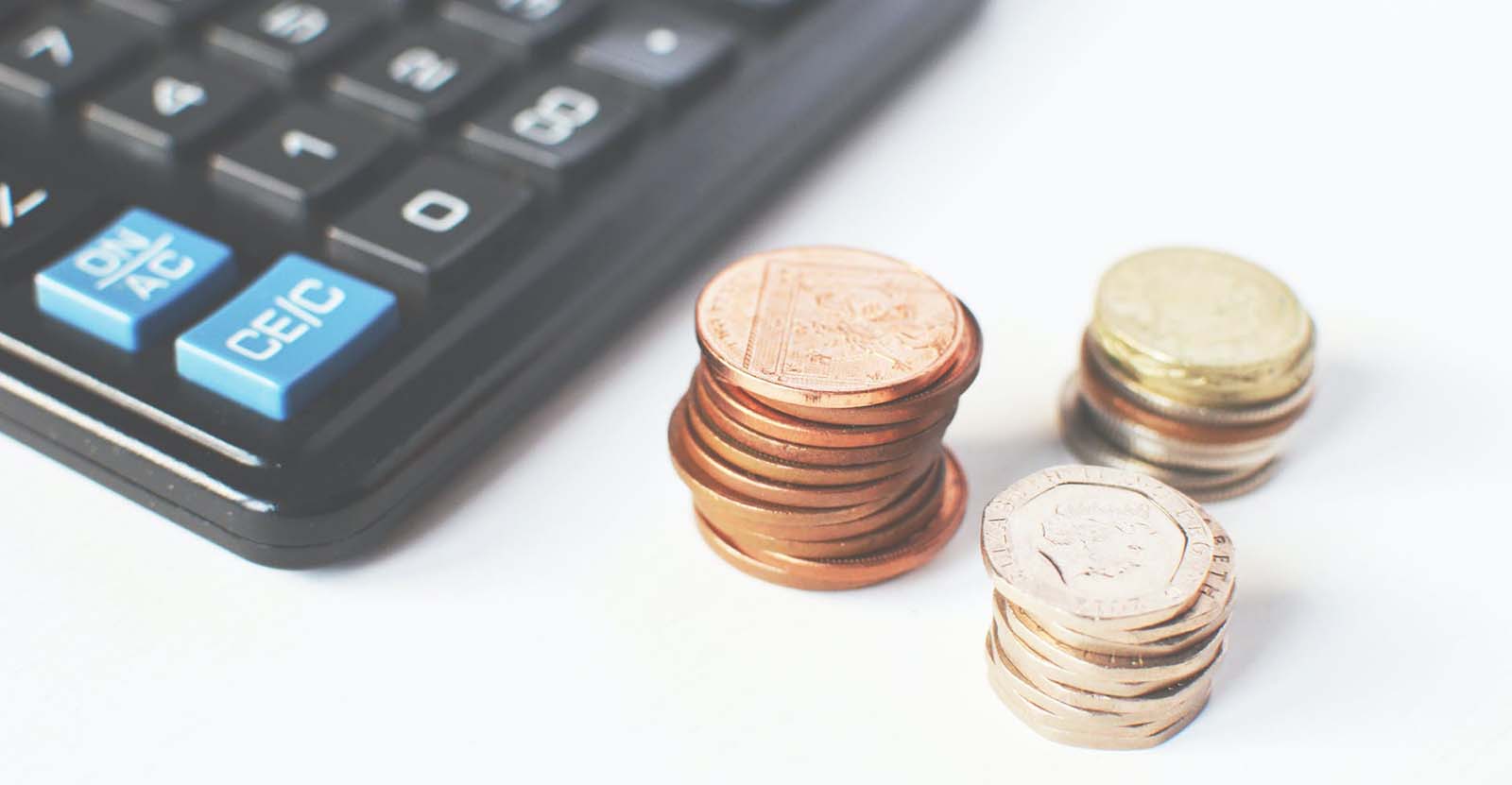Contents
Your credit rating, or score, is part of a grading system that is designed to reflect your financial history and enable finance providers, banks and any other companies who you seek credit from to determine if you meet their criteria.
Credit ratings are issued by credit reference agencies, who assess your credit history against a set of standards to determine how high you score. This will reflect information about you, how much money you have borrowed, and how you have managed your past repayments along with any enforcement action taken against you.
It’s clear that your score is an important feature of your financial status, so keep reading and click through to our detailed guides to learn more.
Understanding your credit rating

A credit rating is a score that is assigned to you by credit reference agencies based on your history. By looking at how much borrowings you have taken out (including things such as personal loans, store cards and mortgages), your repayment history and how you’ve dealt with any enforcement action taken against you, these agencies provide as a figure that is then used by lenders to decide whether you meet their lending criteria and how likely you are to pay them on time. As a result, your score can be a very important deciding factor as to whether you are able to access further credit.
Although some common factors such as your total debt, any history of late payments and the age of your accounts can affect your score, there are lots of things that can influence your rating – and an equal number of things that are rumoured to do so but simply have no bearing on the matter.
Credit Reference Agencies
The companies that compile and analyse your borrowing history are known as credit references agencies (CRAs) – of which there are several in the UK. CRAs are the bodies that generate your score based on the financial information that they receive about you, and each will take a slightly different approach to calculating your rating. This means that your rating is likely to vary between the reference agencies as they use different criteria and systems to determine your worthiness.
Are there free credit score checks?

For those who have a less than perfect financial past, applying for credit of any kind can be a daunting process, particularly as any full credit checks that are carried out will usually be visible to other parties who may check your report in the future. Applying to several lenders and being rejected can, therefore, be damaging to your rating and your chances of being approved in the future.
Knowing what your report says about you can help when deciding which lenders to apply to, or when working out a strategy for improving your financial record. Today there are a number of options available for those looking for an insight into their own score, and many are even free of charge.
Statutory Credit Report
Following the work of a government initiative, consumers are now able to access a statutory credit report for just £2.00. This makes it possible to review a record of your financial history and get an accurate picture of your outstanding financial commitments, presenting a valuable option to people who wish to gain a firm understanding of their financial situation.
How to improve your credit score?
If you’re struggling to borrow or have a poor credit history, the chances are that your score may be lower than you would like. Fortunately, there are lots of ways in which you can improve your rating and, whilst dealing with your finances responsibly is one effective approach, not all of these actions require years of diligent and careful money management.
Whilst improving your score should not be written off as an easy task, you can make some ground towards a better rating by doing simple things like ensuring that you are on the electoral register and can prove your address history.
What is a good credit score?
If you’re looking for a new credit card, personal loan, mortgage or indeed any other kind of finance, the chances are that you’ll need a good score for many providers to consider you eligible. Those people who have good or even excellent ratings are generally more likely to see their applications get accepted and even be offered better rates.
Whilst there is no such thing as the ‘ideal’ score for all lenders, knowing where your rating falls within the score ranges can help you to get a handle on how much work needs to be done in order to improve your status.
What are credit checks, and how do they work?
When a lender of credit provider receives your application, they will request information from one or more of the CRAs and will base their lending decision on the report they receive along with your score. This process is known as a credit check and effectively allows a creditor to review your financial history to determine whether you are the right candidate for the finance product that they are offering.

